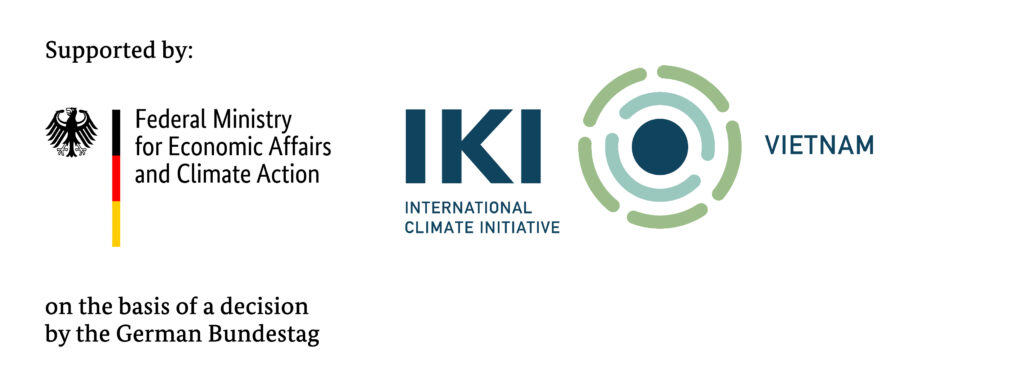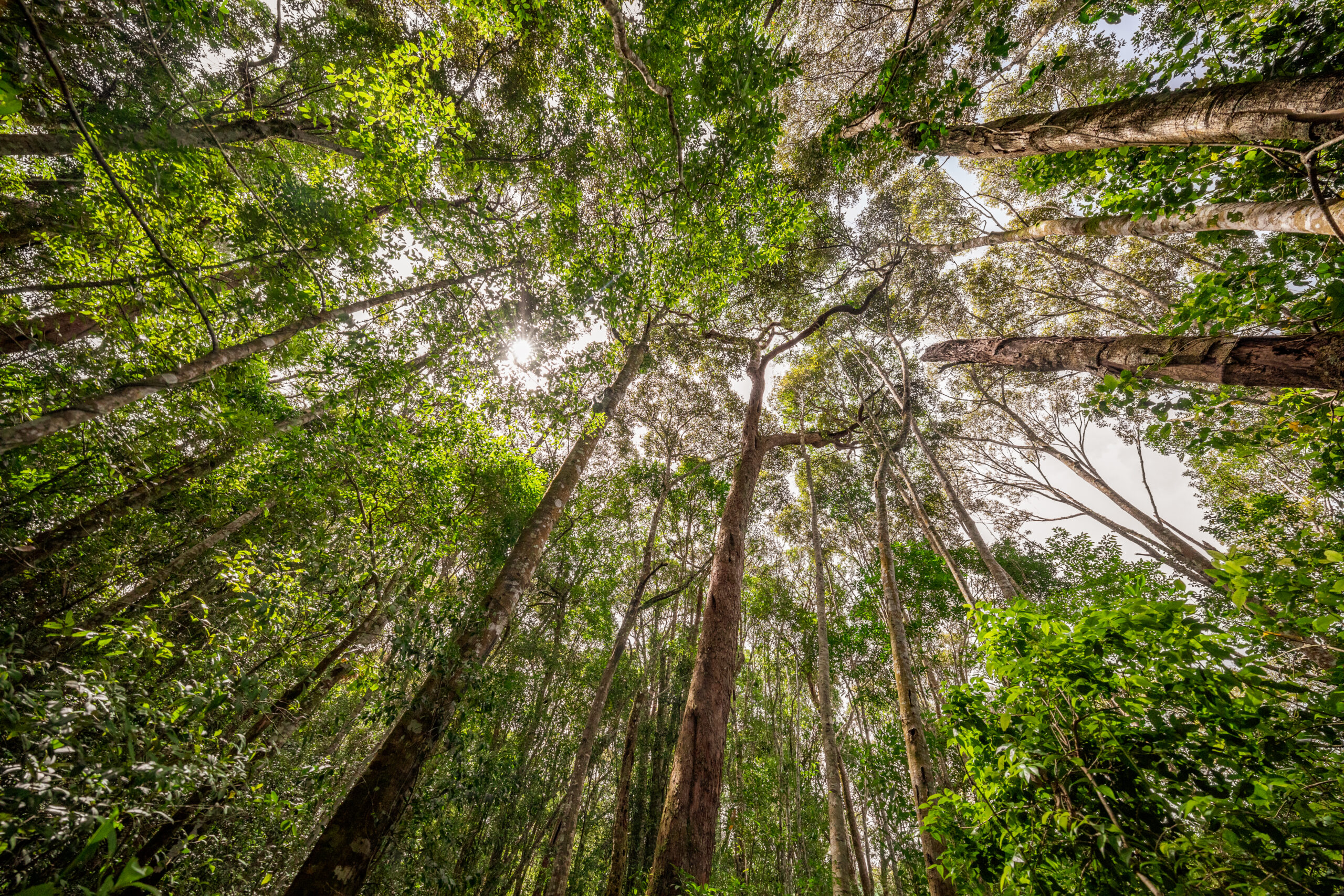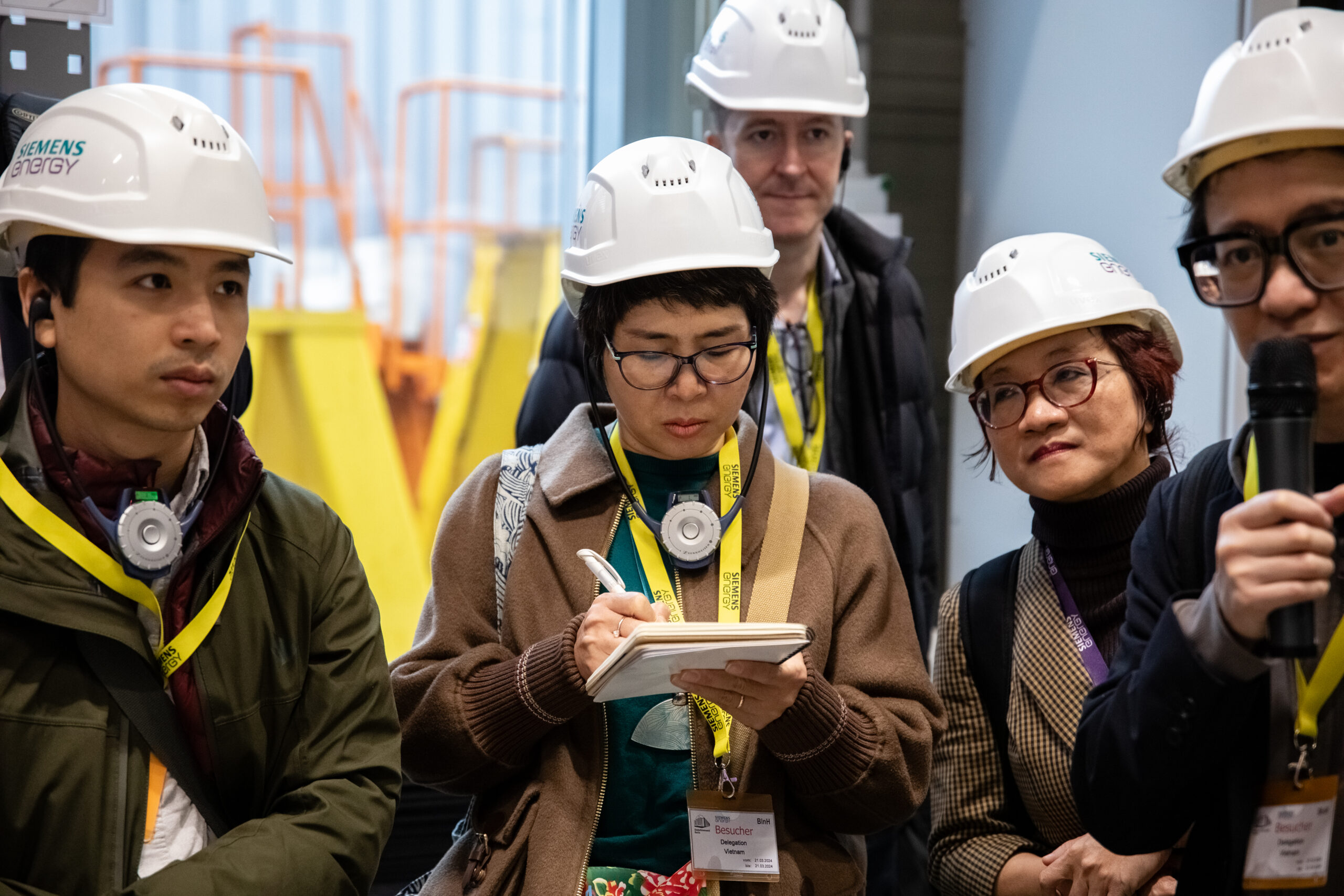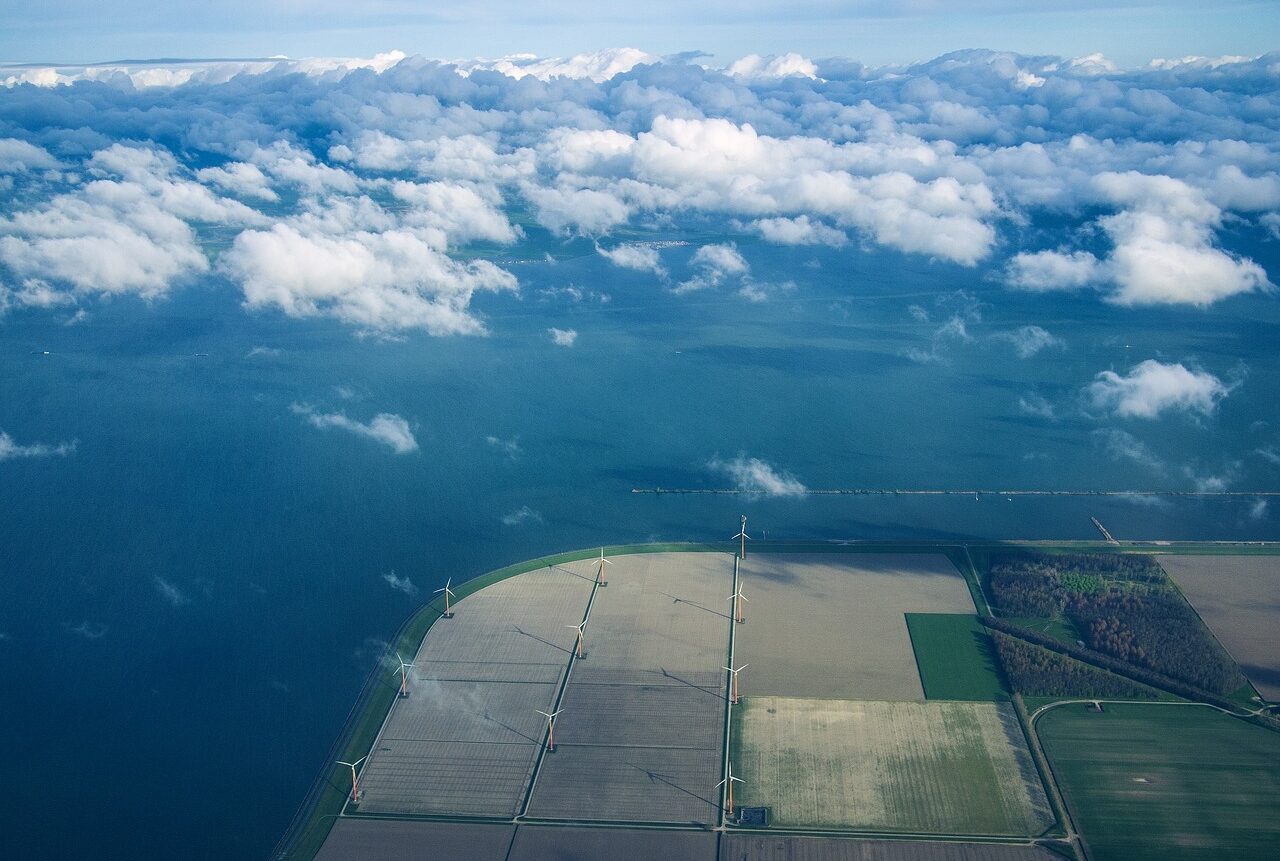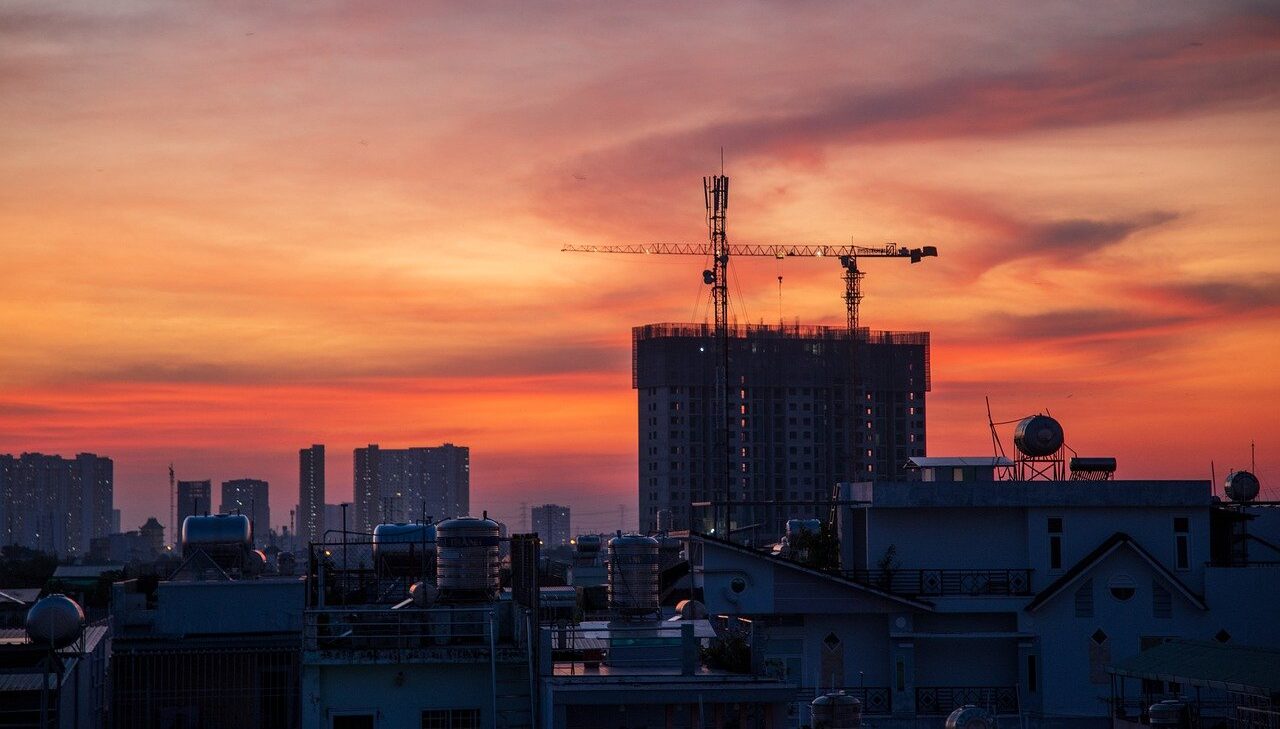In February 2022 the Strategy for Sustainable Agriculture and Rural Development for the period 2021 to 2030, with a vision to 2050 was approved. The strategy presents a roadmap towards a sustainable agriculture sector and green, modern rural areas. Its objective is to foster the development of sustainable domestic agricultural products with application of green technology and minimal pressure on the environment while contributing to social-economic growth.
By 2050, Vietnam strives to become one of the leading agricultural countries in the world with a modern, efficient and environmentally friendly agricultural product processing industry. Socio-economic targets for 2030 include GDP growth, increase in export values and people’s income. In terms of environmental protection and climate response, the strategy aims to develop green agriculture resilient to climate change, minimize environmental pollution and reduce GHG emissions by 10% compared to 2020, which will likely not be sufficient in relation to the targets that will be set out in the National Climate Change Strategy aligned with the COP26 commitments. Forest cover rate will remain at 42% and marine and coastal conservation zones will account of 3-5% of natural areas.
The strategic production for each sector includes appropriate innovations, with application of modern technology, and efficient management to generate income and promote environmental sustainability. Crop and rice production will prioritize specimens with comparative advantages, focusing on both quality and quantity while ensuring efficient usage of resources. The strategy aims to develop aquaculture with large-scale productions utilizing modern technology to recycle wastewater and promote sustainable marine economic development. For the forestry sector, efficient management and protection of natural forests is prioritized to create an effective economic sector with high ecological values.
The strategy also proposes specific strategies to realize the proposed targets. To improve efficiency and sustainable development of production stages, further research on natural products with high productivity and quality must continue with conservation of indigenous varieties. There’s also emphasis on development of programs for integrated plant health management with an aim to control soil degradation and protect ecological environment. In terms of environmental protection, the strategy outlines development of smart eco-villages, replanting of protected and special-use forests, natural reserves, and protection of vulnerable areas.
Some detailed measures in response to climate change focus mostly on climate risk assessment and proactive adaptation and mitigation solutions. “Natural farming” is emphasized with suggestions of adaptive farming methods such as developing aquaculture in sea-level rising areas. Other adaptation measures include using environmentally friendly technical solutions and increasing the use of organic materials along with promotion of a circular economy. Development of renewable energy and low-carbon processes and sustainable management of existing forest areas are among the recommended mitigation solutions.
Overall, the strategy has presented a general development roadmap across all sectors with specific measures for each objective, which highly emphasizes the importance of sustainable development that reduces pressure on the environment and increases climate resilience.
